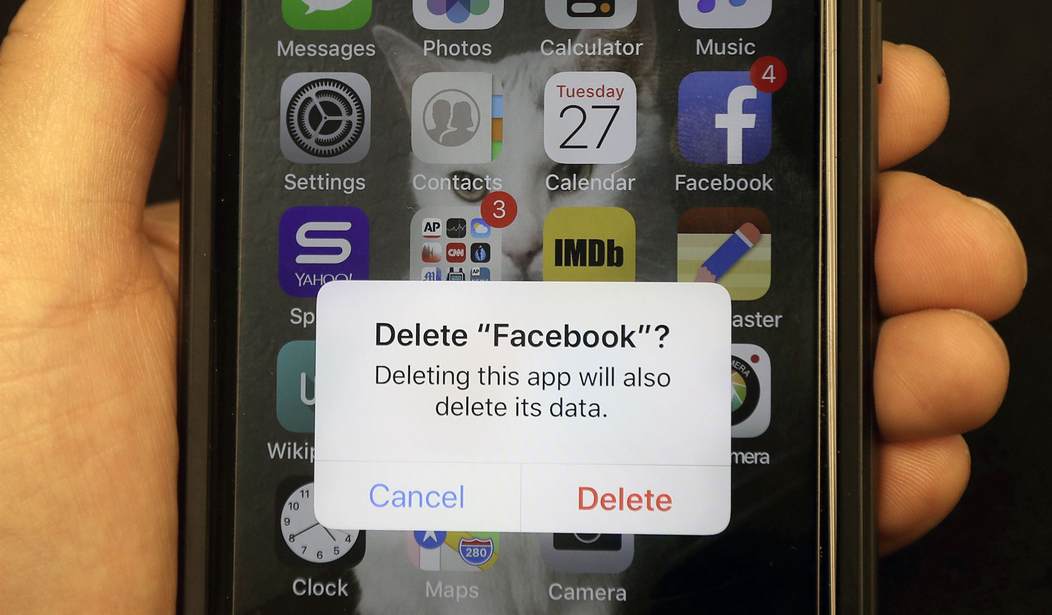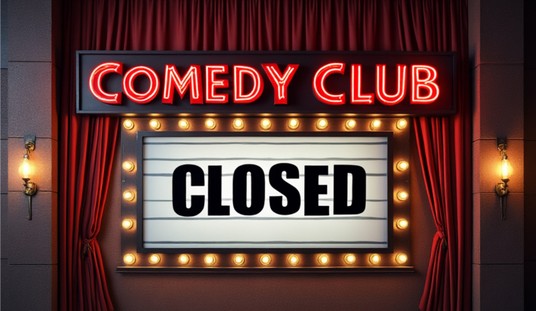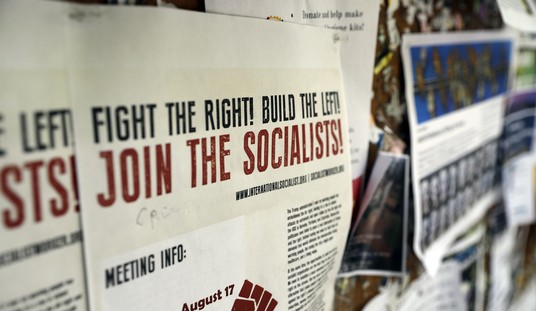I closed my Facebook account two years ago and I was never on Twitter, regarding it as COVID on steroids. I saw Twitter as a broad thoroughfare for the most vulgar and contemptible people we are ever likely to meet, a digital forum for the SJW mob, and of course, the offspring of a censoring autocrat with no sense of managerial decorum or moral decency. This is not to say that one does not—or did not—meet good and interesting folks on Twitter, but that the palaver is pervasively tainted by obscenities, scurrilous vilification, intellectual stagnation, scandal, and malice. It is a home for everything tawdry, boorish and sordid while whatever is noble or discreet or truthful is in danger of imminent deplatforming.
My wife abandoned Facebook at the same time as I did, but maintained her Twitter account for another year, given her large follower base with whom she wished to remain in contact. Finally, despite a rich correspondence, she could no longer justify helping to maintain a platform that, in its essence, represented everything she detested. It was a sacrifice, but one she felt that had to be made. For it was clear that every tweet by a responsible citizen or freedom-loving patriot only served to reinforce a despotic enterprise in the business of creating a cultural gulag for dissenters.
Writing in the NYT-Singapore, Ligaya Mishan points out that “Twitter, cancel culture’s main arena, is not the digital equivalent of the public square, however touted as such. We think of it as an open space because we pay no admission, forgetting that it’s a commercial enterprise, committed to herding us in. We are customers but also uncredited workers, doing the free labor of making the platform more valuable.” Why, then, help to keep it going? Why support an influential arbiter of cancel culture, a vast atrium where online mobs form to carry out vindictive and irrational vendettas, and where, as Mishan writes, “any of us can be cancelled at any time, living in our glass Instagrams, leaving a spoor of digitized gaffes behind us?” Why contribute to an anti-democratic organ intent on policing popular discussion and debate?
Generally speaking, whether we are thinking of Twitter, or any of its congeners—Google, YouTube, Facebook, Instagram—“social media” are really not “social” in the sense of civil, sociable, genuinely communal, but “political media” chiefly committed to shameless profiteering and the ideology of the nation-destroying Left cancelling anyone who opposes its agenda. Mishan argues, here mistakenly I think, that unlike the dictates of State regimes, “cancel culture is rudderless, a series of spontaneous disruptions with no sequential logic, lacking any official apparatus to enact or enforce a policy or creed.” Given the consolidation of public power in the hands of Big Tech, to the point where it can influence and subvert State authority and even cancel a president of the United States, her argument lacks credibility in this respect. Rather, we are witnessing not merely “the evolution of a digital form of carnival and misrule,” but the crushing hegemony of inquisitorial authority. As Edward Ring writes at American Greatness, “It is fire and brimstone and furious vengeance. It is religious zealotry of the worst kind, clothed in piety.”
Of course, it is impossible to unplug immediately from every digital installation which has co-opted our commercial and communication needs. What other user-friendly bookseller is there but Amazon? I have had enormous trouble accessing Barnes & Noble or Chapters/Indigo, which in any case are equally woke these days. How does one get around posting on YouTube? How continue to pursue much if not most of our research activities except on Google?
But one can gradually dissociate oneself from these Silicon Valley monstrosities. There are a multitude of competing platforms beginning to vie for our attention—Parler, Rumble, Odysee, Frank, etc.—which will grow in market share and amplitude, leeching clients from the digital behemoths. Bookshop will slowly grow into the market and challenge Amazon for clients—I am only waiting for it to expand into Canada.
Writing in The Epoch Times, Roger Simon makes no bones about hitting Twitter where it hurts, in the pocketbook. Pointing to a drop in Twitter stock, Simon is gratified to note that “People are not as intrigued as they used to be with an allegedly open social media platform that’s not really open, in fact is something of a dictatorship.” After all, he continues, “Zuckerberg, Dorsey, Bezos, et al., can be defeated and rendered irrelevant with the non-click of a mouse. All you have to do is not do it.” The dynamic is very clear. “[I]f you actually believe in the First Amendment, if you believe in Freedom of Speech, and if you are on Twitter, you are collaborating with and enabling people who by their actions…don’t.”
Meanwhile, the ignominy continues. Facebook’s Oversight Board has decided to keep its ban on Trump in place. Conservative voices, like Stefan Molineux, Milo Yiannopoulos, Carl Benjamin, and Katie Hopkins, have been silenced. My wife’s anti-feminist videos have been regularly demonetized and shadowbanned. A video by Rebel Media/Rebel News CEO Ezra Levant focussing on a raid by the COVID police on the Whistlestop Café in Mirror, Alberta was (as of this moment’s writing) taken down midstream by YouTube. (Rebel News is Canada’s only honest and responsible network, indeed the only major media enterprise that has not been bought off by Prime Minister Justin Trudeau’s $595 million gift to Canadian news outlets, ostensibly to keep them financially afloat, but in effect to compel them to behave like good little Liberal children.) But there is no question that the big platforms need to be disciplined and humbled.
Obviously, deactivation can’t happen all at once. It will take time, but it represents the drift away from the contemporary Mesozoic where the Silicaurs roam and into a new digital future for many who have soured on the usual suspects. The new venues that are now emerging require our patronage. It is up to us to reduce the sway and power of the Internet megalopolies by taking our business elsewhere, a movement that is gathering momentum despite the obstacles it faces—the shutting down of hosting services and app stores, the staggered growth of new sites and platforms, public habit and inertia, and so on. Nonetheless, we should start closing our old accounts and begin opening new ones. For we have had enough of the censoring oligarchs of Big Tech, those whom Thomas Pynchon once called “the whole sick crew.” It really is time.










Join the conversation as a VIP Member